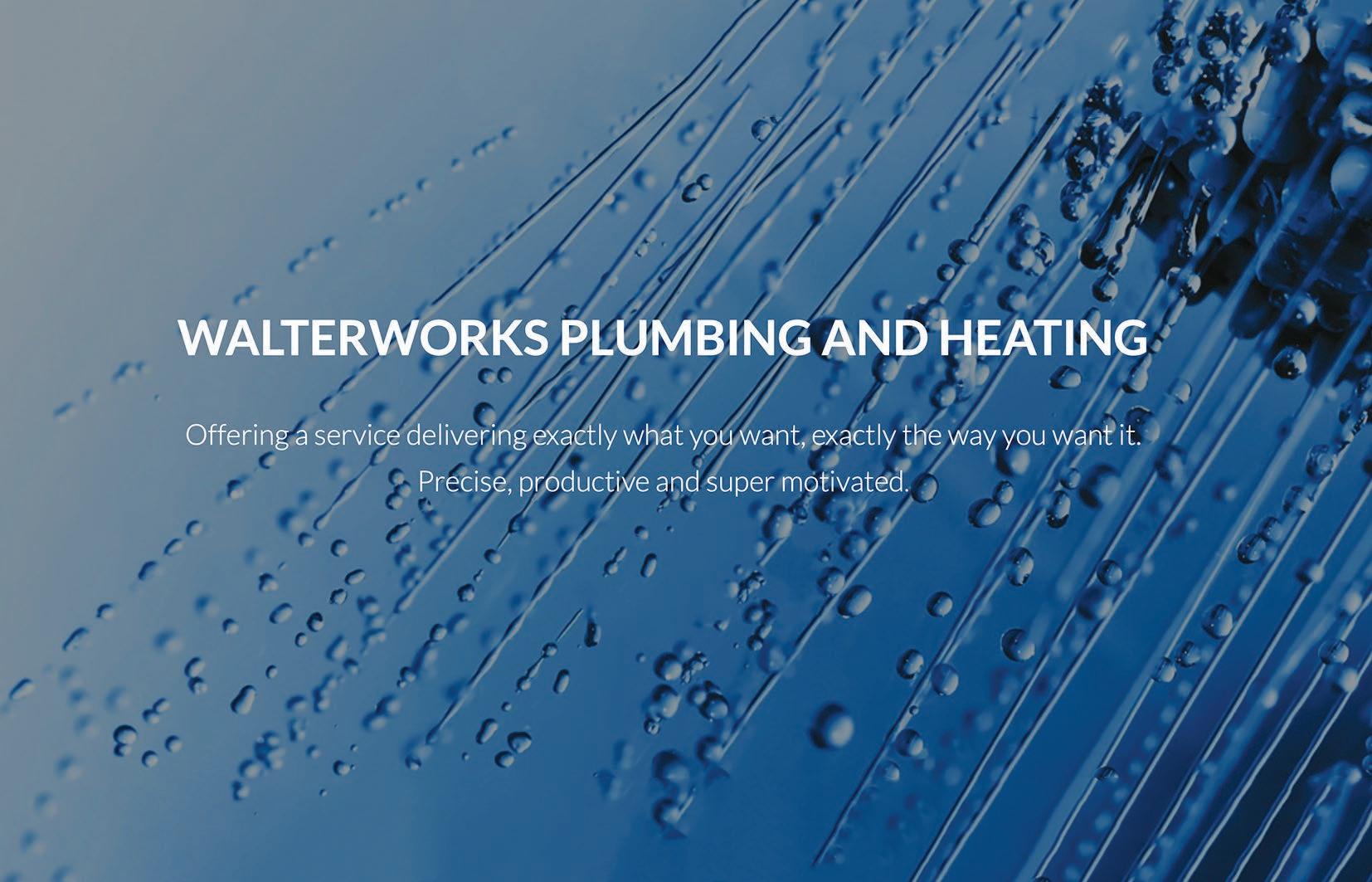
2 minute read
Call the: PLUMBER
Despite working long hours and regular weekends, nearly three-quarters of tradespeople in the United Kingdom are satisfied with their jobs. According to a recent poll, and 72 % of respondents described themselves as ‘happy’ or very happy in their current position, with 70 % saying they would recommend their job or position to others.
In this issue, we put the ‘Spotlight’ on plumbers. “If in doubt - call your local plumber out!’’ It’s official: Plumbers are the happiest people on the planet. According to the findings of Boundless’ survey, plumbers were by far the happiest of all those surveyed, with an overwhelming majority expressing satisfaction with their jobs. 55% of plumbers stated that they were “extremely happy” in their lives, while not a single plumber stated that they were unhappy in their jobs. Among the hierarchy of tradespersons plumbers are considered the ‘top of the pile’ and all consider that plumbing is a lucrative trade. The reason being, that demand is always high and it’s very resistant to economic downturns. Why? Because virtually every building will need a water system installed, repaired or maintained at some point.
Why become a plumber?
We ask training provider ‘Trade Up’
“The money and job security are great draws for those considering training to be a plumber. But plumbing is also a trade with high job satisfaction. You’ll meet plenty of people throughout the day, not to mention be the hero when an emergency call out is needed. Plumbers also keep people safe, providing drinking water and effective wastewater systems across the country. Remember you don’t have to go down the domestic route – you could work on municipal infrastructure for local authorities or even use your knowledge to help businesses design new plumbing products. In short, it’s a respected profession with huge potential. Since plumbing issues can be very complex, it will also give you the joy and satisfaction to figure out the cause and fix the problem. It requires a lot of creativity and ingenuity when you work on installing a complete plumbing system. So, yes, it is definitely a career worth considering’’ they say
What do plumbers do?
Plumbers install and repair pipes and fixtures that carry water, gas, or other fluids in homes and businesses. They also maintain plumbing fixtures like bathtubs and toilets and appliances such as dishwashers or heating systems. Common duties of a plumber include: Installing plumbing fixtures and water and gas pipes; inspecting and testing plumbing equipment like pressure gauges to ensure they work correctly and troubleshooting plumbing fixtures and making corrections when needed. One of the most difficult things about being a plumber is the physical demands of the job. Plumbers often need to work in tight spaces, such as crawl spaces and attics, and may need to lift and maneuver heavy pipes and equipment.

When to call a plumber
The most common reason for a plumber to be called out is due to leaking pipes and taps. This may not seem as dramatic compared with a burst pipe or boiler, but it’s just as important that you resolve them if they’re occurring on your property. Even small leaks can cause major damage over time. Those leaks can cause significant structural damage to your home and its foundation, plus you may accrue a big water bill if it is running consistently. You should also be aware of a few special cases. If you have cold water but no hot water, it may be a heater issue. If water works on one floor of your home but not another, you could be experiencing a pressure problem that is easy to remedy with the right equipment. You have no hot water? It’s normal not to have any hot water after the kids take an hour-long shower, but it’s not okay if it takes a few hours for water to warm up no matter what. You know it’s time to call a plumber about your water heater if you experience repeated problems and there never seems to be enough hot water.
So, if in doubt - call your local plumber out!










